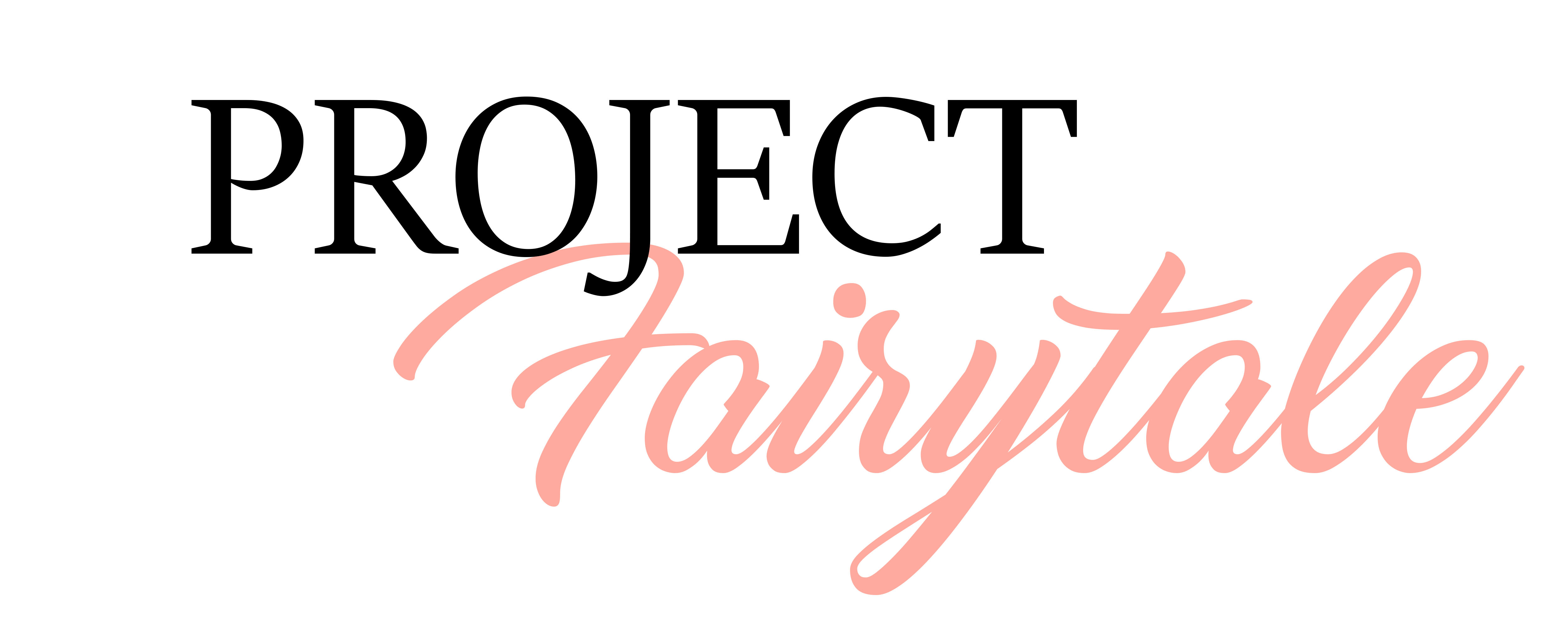Image source
Fostering a child is easily one of the most rewarding things you can do with your life. It’s a way to give a child in need a safe, comfortable, stable and supportive home. You’ll be making a positive difference in the life of a child, and nothing can compare to that. But as you start your research, you’ll quickly come to see there are different types of fostering.
Two of the most common are short and long-term fostering. What are they and which one is best for you? Let’s take a deeper look at each option.
The Pros of Short-Term Fostering
If you want to make an impact from the get-go, short-term fostering can be a great choice. Did you know that short-term fostering is often the most in need? Many kids just need temporary care, so having a foster carer that is ready to open their home and heart to each child is imperative.
And speaking of opening your heart to a child, this is a way to help not just one child, but many children over the years and making a positive difference in their lives. Keep in mind that short-term fostering can be as quick as a night or two or up to two years.
The Cons of Short-Term Fostering
People often find the big con of short-term fostering is that it’s short-term. You may bond quickly with your foster child and then they leave. If you’re the type that has a hard time letting go or saying goodbye, it can be difficult emotionally. It’s important you remember from the get-go you are a temporary home for them, so you need to be ready for the day when they leave.
The Pros of Long-Term Fostering
Long-term fostering is all about having the opportunity to create a lifelong bond. The child is with you for the long haul and that means you can build a relationship that lasts into their adult years. They will be a member of your family and be a fixture moving forward. For some foster carers, this is the ideal situation.
The Cons of Long-Term Fostering
At the same time, you need to be willing to give it your all for the duration of their childhood. The foster child will be with you for years, and it may continue until they reach an age where they can live independently, typically 18.
Be Sure to Look into the Process
Choosing which type of fostering is right for you is just the beginning; you also need to research how to become a foster parent, the steps involved and the requirements. Questions such as what checks are performed, how long the application process takes, and can the process be done online are all common. The more you learn, the smoother the process can be.
The need for foster carers is on the rise in the UK, and to be a successful and supportive foster carer, you need to be honest with yourself about what type of fostering is ideal for you.
Keep up with Project Fairytale








